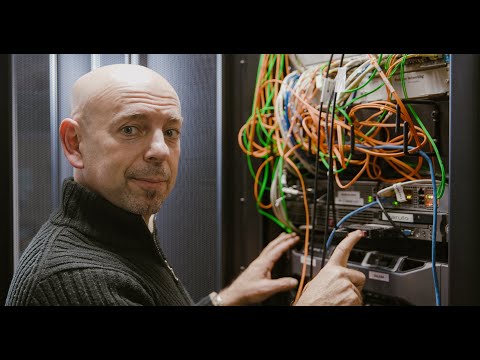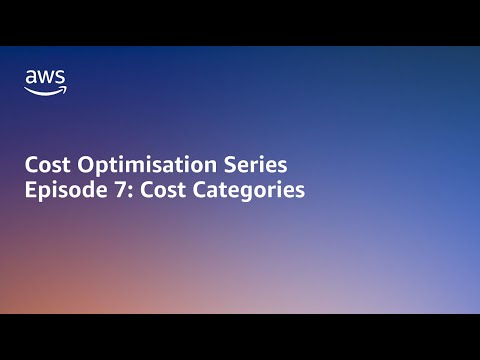
When dealing with transaction patterns, the traditional monolithic application creates tightly coupled transactions dependent on the successful completion of a preceding action. This sequence can cause some very undesirable delays in applications. In this episode, join Derek as he breaks down the advantages of implementing a modern distributed application pattern to reduce the issues around coupling while also allowing the services themselves to be built and run on different platforms, services, and technologies. The utilization of AWS Step Functions as the orchestrator also gives a nice visual representation of the flow that will make transaction tracing and debugging easier.
Additional Resources:
Decompose by transactions – AWS Prescriptive Guidance: https://docs.aws.amazon.com/prescriptive-guidance/latest/modernization-decomposing-monoliths/decompose-transactions.html
Implement the serverless saga pattern by using AWS Step Functions – AWS Prescriptive Guidance: https://docs.aws.amazon.com/prescriptive-guidance/latest/patterns/implement-the-serverless-saga-pattern-by-using-aws-step-functions.html
Building a serverless distributed application using a saga orchestration pattern | Amazon Web Services: https://aws.amazon.com/blogs/compute/building-a-serverless-distributed-application-using-a-saga-orchestration-pattern/
Saga pattern – AWS Prescriptive Guidance: https://docs.aws.amazon.com/prescriptive-guidance/latest/modernization-data-persistence/saga-pattern.html
Check out more resources for architecting in the #AWS cloud:
http://amzn.to/3qXIsWN
#AWS #AmazonWebServices #CloudComputing #BackToBasics











